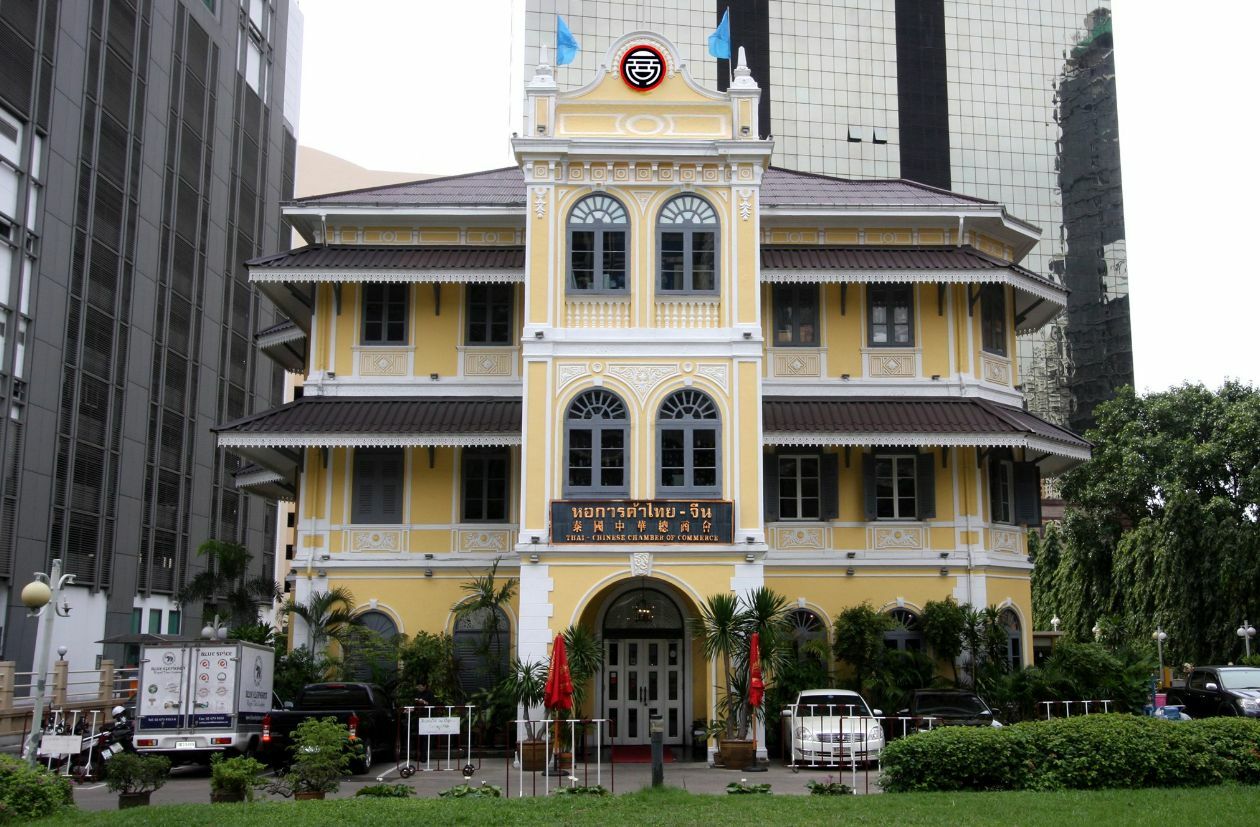Thai-Chinese Chamber urges neutrality in US-China conflict, deeper China ties

The Thai-Chinese Chamber of Commerce urged the new Thai government to maintain neutrality in the US-China conflict while deepening trade links with China. In an interview, President Narongsak Puttapornmongkol suggested that Chinese firms exporting to the US or Europe could bolster their investments in Thailand, enabling them to base production in the country.
“There is no need to be overly concerned because any business needs to pay tax. In addition, when authorities strictly enforce laws, it scares away shady Chinese businesses from coming to Thailand.”
He also highlighted that US firms are seeking new Asian locations for manufacturing bases, presenting an opportunity for Thailand. Narongsak voiced confidence that the new government, led by Thai Prime Minister Srettha Thavisin, could balance the influences of the two global powerhouses and maintain positive trade relations with both.
“From an economic perspective, Thailand should find opportunities in the US-China crisis so we can have access to larger markets.”
He went on to say that while Thailand may currently have a relatively small production capacity, this could increase with further Chinese investment. Addressing concerns regarding Chinese companies repatriating all earnings, Narongsak reminded that Thai law stipulates that foreign companies operating in Thailand must allow Thai shareholders to control at least 51% of their company.
Moreover, Narongsak suggested that Thai companies consider investing in China’s special economic zones (SEZs), particularly within sectors where Thailand is prominent, such as the food industry. He noted that success with even a single product in China could unlock a massive potential market given the country’s 1.4 billion population.
Government Projects
The TCCC president praised the Thai government’s recent visa-exception scheme for Chinese nationals, viewing it as particularly timely given the upcoming Chinese National Day. He also urged the government to expedite its high-speed railway project, which would connect to the China-Laos high-speed railway under the Belt and Road Initiative.
Narongsak made known that the high-speed project may not be finished in the term of the Srettha government, but the government should speed up a double-track railway project and urgently complete the 160-kilometre segment from Khon Kaen to Nong Khai, on the border to Laos, to improve the country’s logistics crossing from Laos to China.
Narongsak also recommended the government keep the customs service in Nong Khai and other border checkpoints open 24 hours a day and provide a one-stop service to facilitate cross-border trade, reported Bangkok Post.
“I had a chance to talk with the premier and asked him to extend the working hours along the borders as Thailand would earn more income from collecting fees from land and sea freight.”
Lastly, Narongsak urged Thailand to offer attractive investment policies to compete with neighbouring countries, such as Vietnam, Indonesia, Cambodia, and Malaysia.
“We should let Chinese investors know that they may invest in other countries but Thailand is the best because our country is stable and safe.”
Follow more of The Thaiger’s latest stories on our new Facebook page HERE.
Latest Thailand News
Follow The Thaiger on Google News:


























